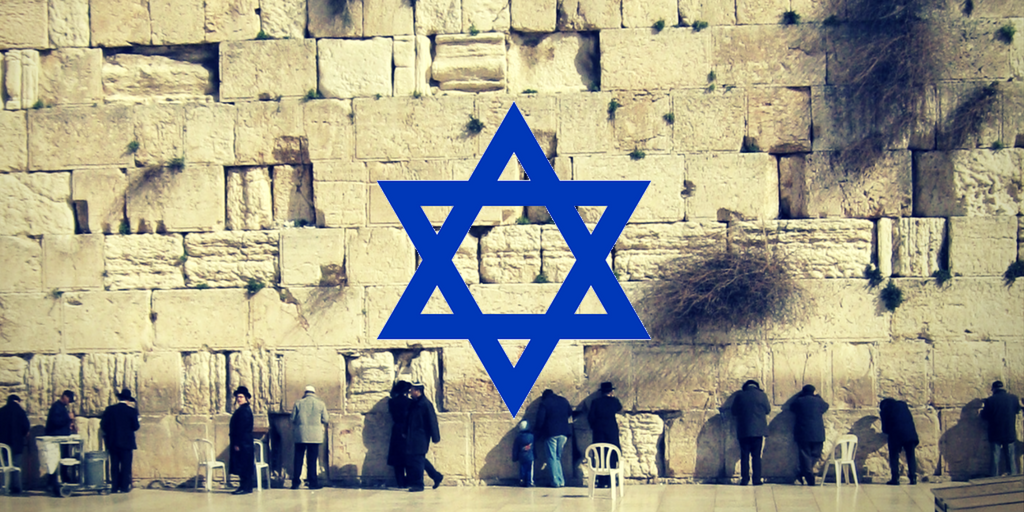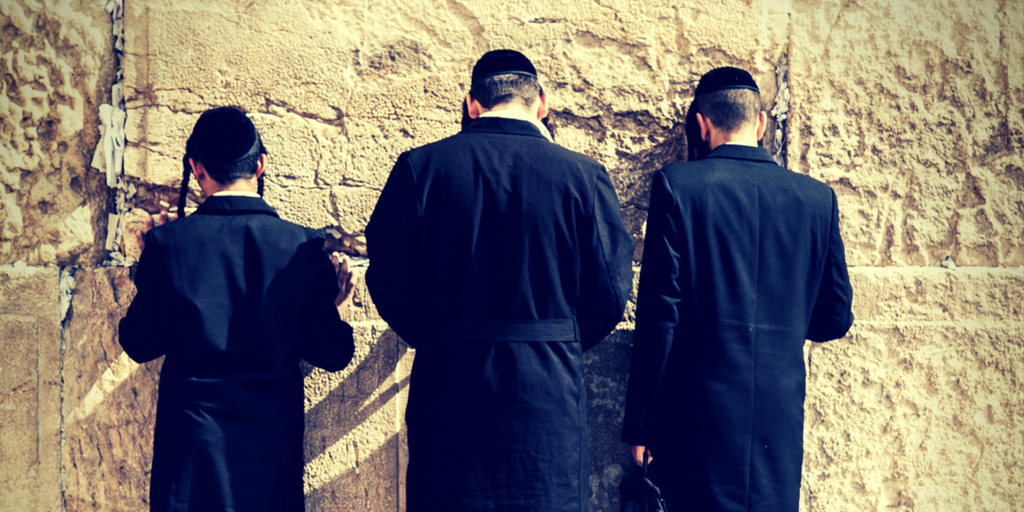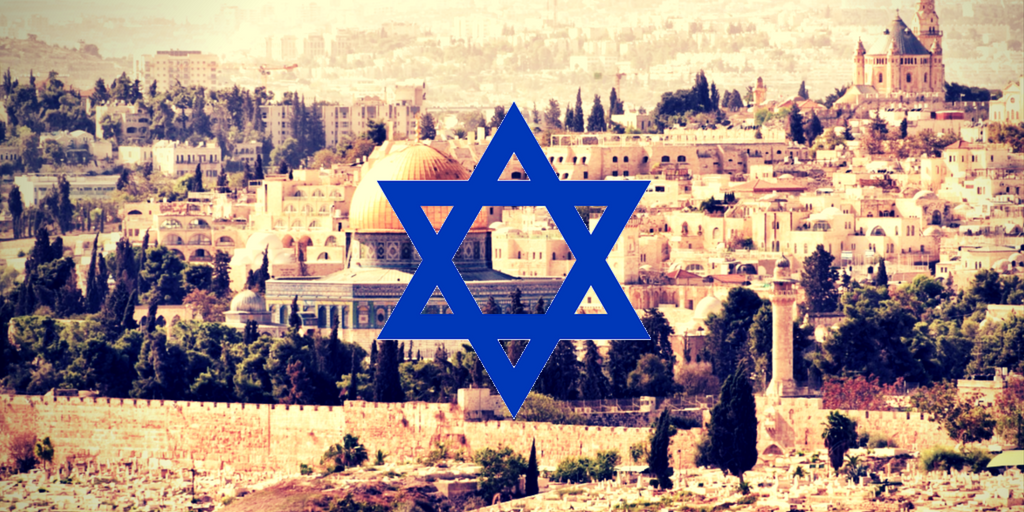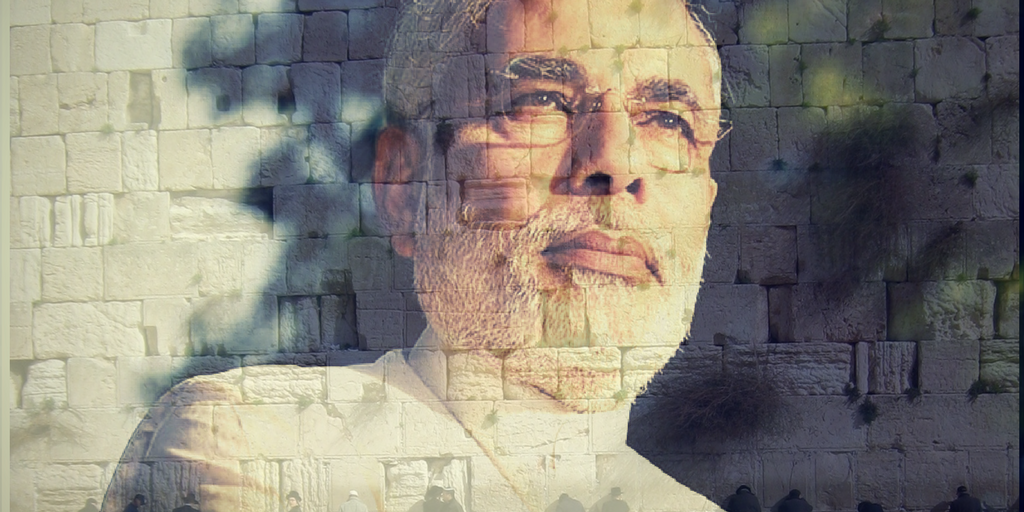With all of the chaos of the Middle East and the unknowns of the region creating a perpetual burden for Israel, the State continues to play a role in the miraculous ingathering of Jews still living in exile. One of the most phenomenal awakenings in regard to lost Jewish communities is the Bnei Anousim movement, which are those people descended from Iberian Jews forcibly converted to Christianity over 500 years ago.

By the most current statistics there are approximately 67.78 million people that have Iberian Jewish ancestry to a certain extent. These numbers are staggering and because of the sheer amount, the course of action has been muddled by the State of Israel. Some these people are still genuinely Jewish according to Jewish Law. Others are loosely connected through genetics, yet still are connected to Christianity. All of them form a block of people that are beginning to realize that their origins make them incredibly important to the future of Jewish people as well as a force in their own right.
Although the Bnei Anousim have legitimate claim to be able to return to their brothers and sisters within the broader Jewish world, there has been many roadblocks to the reclamation of their Jewishness. However, in recent years these roadblocks have begun to fall.
“In 1995 there was a letter written by the former Rishon Leshon, Chief Sephardi Rabbi of Israel, HaRav Mordechai Eliyahu (of blessed memory). In that letter HaRav quoted from the Shulchan Aruch on how to bring back the Bnei Anousim to the faith and traditions of their Sephardi Ancestors, with cords of love,” says Yaffah daCosta head of Ezra L’Anousim an organization focused on bringing awareness to the Anousim movement and to help blaze a smoother path to return to Israel. “However, not many Rabbis were willing to follow his advice. And in all of Latin America there is a takkanah (religious ruling, from 1927) that says the normative Jewish communities will not accept converts (or reverts, meaning from Bnei Anousim) into their communities. But today it’s no longer an issue.”
The Bnei Anousim are beginning to establish authentically Jewish communities in many parts of Latin and South America. Unlike the past, these communities are ctually receiving help from Israel and other mainstream Jewish groups.
Ezra L’Anousim has become a leading force in breaking down the barriers that have prevented returnees from realizing their dream of returning to the Jewish people. For two years in a row they have led Yom HaAtzmaut rallies to raise awareness in Israel and around the world about the Bnei Anousim. Recently they have begin coordinating with the Rabbinical Court of Rav Amsalem in a major bid towards formal recognition and legitimate path back to the Jewish people and the State of Israel.
Just recently it was announced that the Israeli government will soon consider recommendations to grant gentiles with Jewish roots, crypto-Jews and members of “emerging communities” who are not eligible for immigration, extended visas to explore their Jewish heritage. This is a very important first step.
“Ezra L’Anousim will continue to grow these “emerging communities” and give them their dignity and self-respect back (as the descendants of Sephardi Jews),” daCosta adds. “We will work in coordination with all the Rabbis and other groups who want to help our people in significant ways. And also will be encouraging all of our Bnei Anousim members to even moreso participate in all the public pro-Israel rallies and celebrations that are being planned for April 2018.”
With the need to find a solution to Israel’s “Palestinian” problem, the amount of returnees could make a strategic difference in deciding how to proceed via the diplomatic angle. Imagine if Israel had another 3 million or so Jews. Then our options for ending the “Palestinian” charade would be clear.
This can happen if the Israeli government and activists focus on making it far easier for the Bnei Anousim to return to their people.







